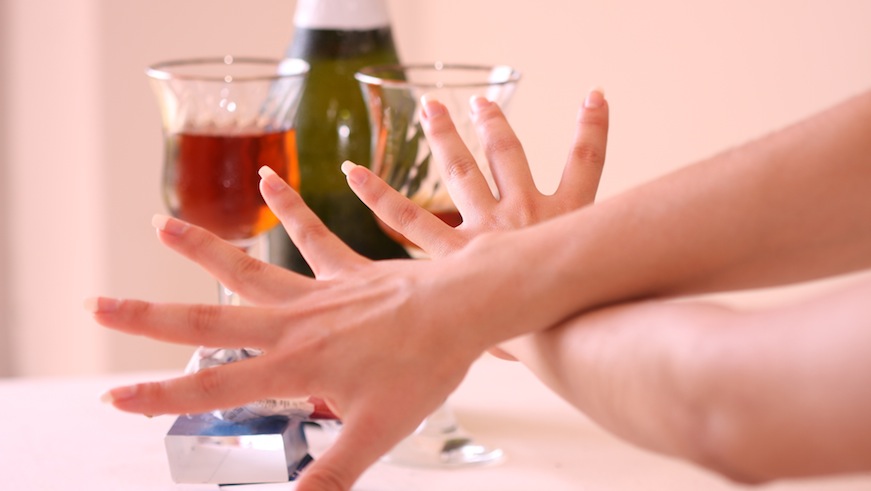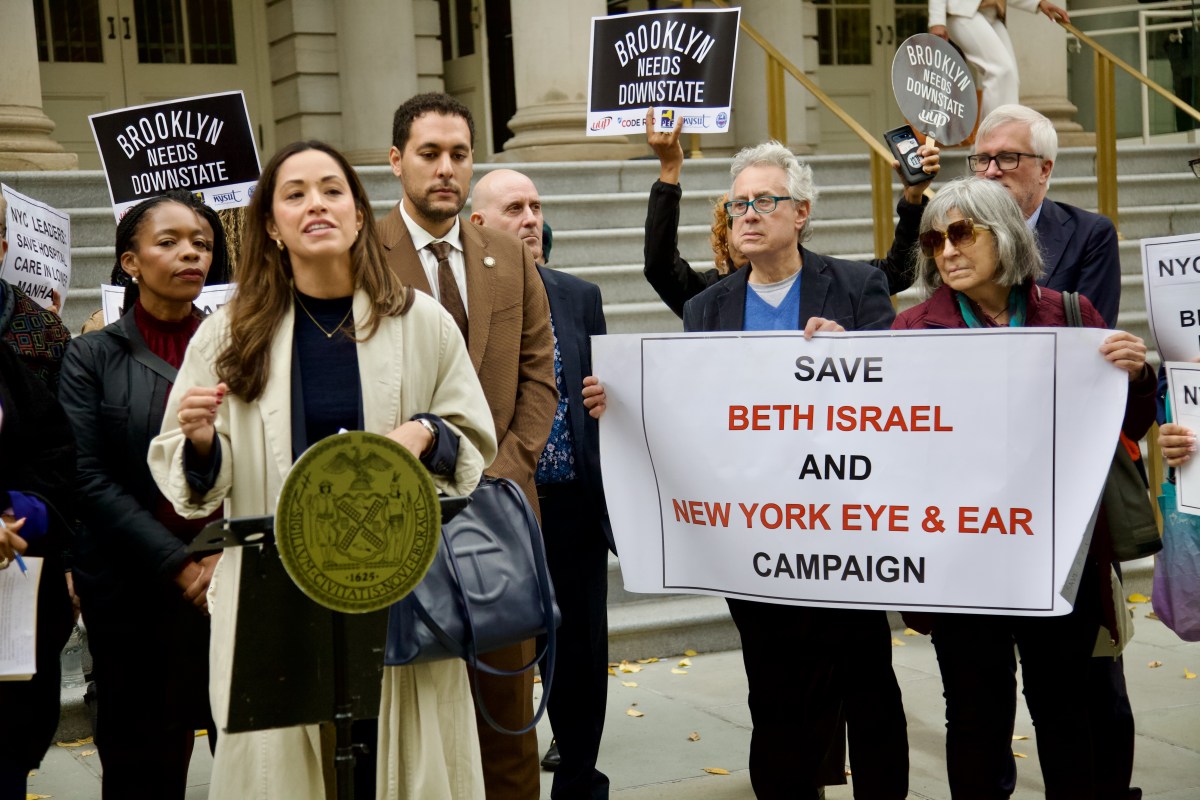Every new year, at least one person you know becomes a temporary teetotaler in the name of health. We’re talking about Drynuary, (portmanteau for Dry January), a “new year, new you” self-improvement fad in which folks abstain from drinking alcohol during the month of January.
Sure, the impulse makes sense; after the gluttonous holiday months, many of us atone by dieting, starting a new fitness regimen, or quitting smoking, among other attempts to curb our vices.
But whether you’re looking to address a drinking problem or develop healthier habits in general, going on a one-month cleanse is probably not the silver bullet that will fix your life.
The addiction experts and life coaches we spoke with explained that real change is a bit more nuanced and suggested more effective alternatives to the short-term drought.
You’re better off learning moderation
“Our advice is don’t drink excessively, stay within moderate limits all the time,” says Dr. George F. Koob, Ph.D., director of the National Institute on Alcohol Abuse and Alcoholism. “You’re not saving anything if you go dry for a month and then get back into bad habits.”
So how do you know if you’re drinking too much? According to the U.S. Dept. of Health and Human Services, moderate drinking is one drink a day for women and two drinks a day for men. Put another way, the NIAAA defines “low-risk drinking” as up to seven drinks a week and no more than three on any one day for women, and up to 14 drinks a week and no more than four drinks on any one day for men.
Dry January could be a good time to take stock of how much alcohol you typically consume, with the idea that once Feb. 1 comes around, you’d ease back up to moderate levels. On the other hand, you could be setting yourself up for a month of bingeing.
Koob explained a phenomenon called the “alcohol deprivation effect,” whereby abstaining from drinking over a long period of time leads to an extreme relapse once you pick up again.
And if you have a severe alcohol problem, going cold turkey can be dangerous. “People can actually die from alcohol withdrawal,” he warns.
Figure out what’s triggering your drinking
“Drynuary can be a great first step, if done right,” says Rachel Hart, a San Francisco-based life coach who specializes in helping women develop a healthier relationship with alcohol.
For some people, the month off booze can show them that they function better without alcohol and help shine a lens on their harmful drinking habits. But for others who isolate themselves and avoid social situations just to get through the month on sheer willpower, Dry January won’t have any lasting effect, she explains.
“If you aren’t doing the work to understand what’s fueling the habit of drinking, Drynuary may end up a little bit like a very restrictive diet where the end result is the pendulum swings the other way and can lead to bingeing,” she says. Hart teaches her clients to identify the thoughts and feelings that trigger their desire to drink and helps them develop coping strategies to use instead of relying on alcohol as an “emotional release valve.”
Develop hobbies outside of alcohol
Dr. Jeremy Frank, Ph.D., a Philadelphia-based alcohol and drug abuse counselor, agrees that going dry for a month could be ineffectual and even harmful.
“[Drynuary] can trick you into a false sense of confidence that if you really had a problem to begin with, you are now somehow cured and you can throw caution to the wind,” he explains. Frank argues that a better approach would be to reduce your drinking to moderate levels, which he recommends doing with the help of a therapist.
Take the month to think about the big picture. “Real change results from finding things you love to do that combat excessive alcohol intake,” he says. Developing healthy habits of exercising, eating well, and spending quality time with friends and family are necessary to make lasting changes, he explains.

























